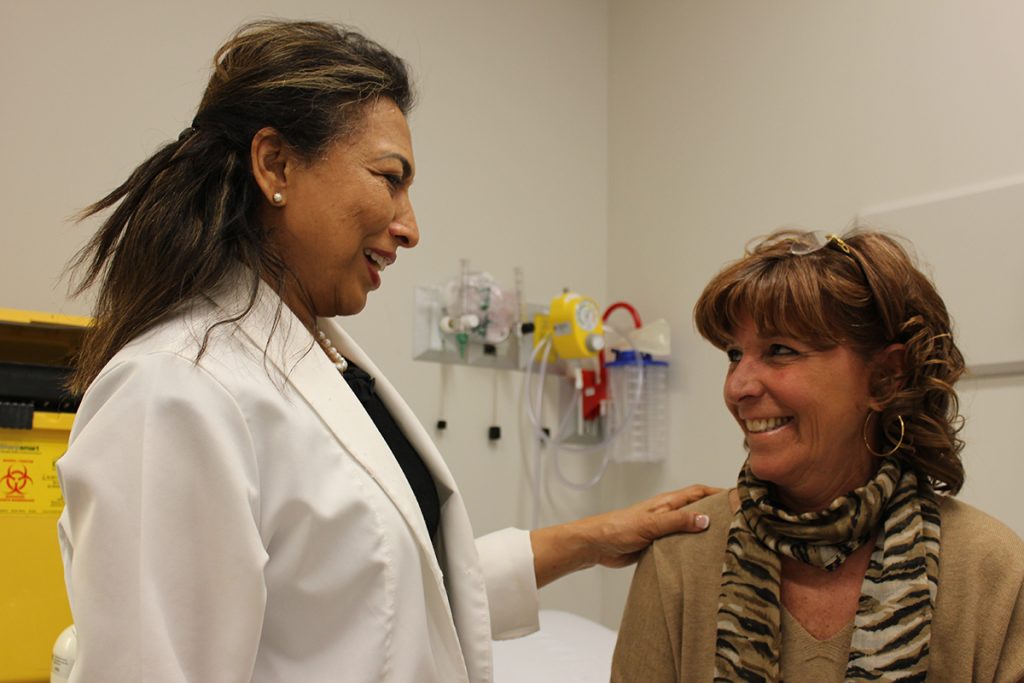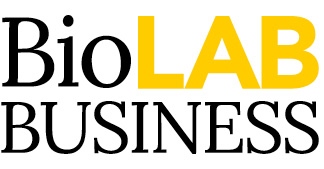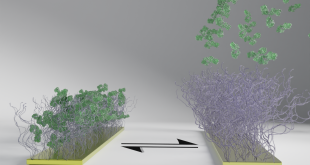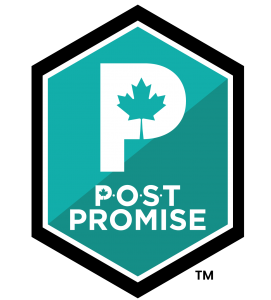Catching cancer before it happens
By Robert Price
Named one of this year’s Top 25 Women of Influence, Dr. Lucy Gilbert wants to revolutionize women’s health – and there is a good chance she will.
Gilbert has invented a new genomics uterine pap test that can detect ovarian and endometrial cancers before symptoms show. Called DOvEEgene (Diagnosing Ovarian and Endometrial Cancers Early), the test has potential to save the lives of millions of women.
Following delays caused by COVID-19 lockdowns, DOvEEgene enters Phase 3 trials this May, with funding provided through grants made available by Genome Canada and Genome Quebec. The trial aims to test more than 3,200 women.
Gilbert is a professor in the Department of Oncology and Obstetrics at McGill University, a professor in the Department of Gynecology and director of the Women’s Health Research Unit of the McGill University Health Centre.
Originally from India, Gilbert grew up in a family of seven children – all girls, and all doctors. She relocated to Singapore and England before settling in Montreal in 2001, where Gilbert developed her method to detect women’s cancers before they start.
How does it feel to be named to the Women of Influence list?
It feels very good, and the reason is that we rely on good news stories to get this out. Information is the key. Many people are frightened of the word “cancer.” They believe that if you acknowledge it and try to get tested, it’s almost inviting bad karma or something of that sort.
And on another level, I believe it sends a good message out to women and to minorities and to everybody, that what we do is important – it’s important to Canadians.
What made your technology possible? Because it seems like a miracle.
Truly – but as I say, genius is 90 percent persistence and hard work, and just 10 percent inspiration.
Traditionally we have thought that to detect cancer you need a lump, you need symptoms. When I started this work in 2008, we were like everybody; we were looking at the ovaries with ultrasound, blood tumour markers, hoping to get it early. But if you wait for it to become a lump, it’s too late. If you wait for it to get into the bloodstream, it’s too late. What is a good way forward?
I linked up with a clever scientist at the Johns Hopkins University, Bert Vogelstein. We published in Science Translational Medicine the concept of leveraging the identification of somatic mutations to detect ovarian cancer. The advantage that we have [over other cancer researchers] is that we could access the uterus easily. It’s not like the pancreas, or the liver, which is all hidden inside.
We have a fraction of the money that Vogelstein has. We have a fraction of the network. But what we have in Montreal, and in Canada, is a public healthcare system that’s quite uniform and offers equitable access to all people. It’s much easier for us to do clinical research, to get some things to the clinical front quicker. Because as a clinician, women trust me, and when I say ‘I’m looking at this, do you mind taking part in this?’, they take part.
And they say, we want to – I say, it may not help you, but it may help other women in future. And they say, yes, we want to help other women. Canadian women are altruistic.

Can the technology that you’ve created help to detect other kinds of cancers?
Using molecular somatic mutations has been around for ages. It’s been leveraged for other kinds of cancers.
Where I think we have an advantage: The concepts are all very good, but once you have a concept, you must have the sheer understanding of the disease and the sheer number of women to get the clinical trials done. And the fact that I’m a scientist-clinician working in a public healthcare system in a place like Canada, that has a single-payer healthcare system – it’s this combination that has helped us to bring it from a concept to be tested in the context of a trial.
If you had the power to change one thing that stifles either scientific creativity or scientific business, what would it be?
Bureaucracy – honestly, bureaucracy. We need people at the helm who have three qualities: You need intelligence, you need pragmatism and you need kindness.
If you just have intelligence, you end up with sub-situations. And I think a good example of that is Mitch McConnell in the U.S. He’s very, very, very smart, but if you don’t use your cleverness for something for the good of all people, then it’s wasted cleverness.
But if you are kind but not clever and pragmatic, you can’t get anywhere. And we need people at the top who would override that, you know, sense of obstruction. Have courage to say: No, this is important, we will take a few risks. That’s what you need.
SIDEBAR
2021 WOMEN OF INFLUENCE
via womenofinfluence.ca
Among the 25 women chosen this year, several are leaders in STEM – and one is even a high-school student.
Born in Iran and raised in Dubai, Azadeh Dastmalchi is the CEO of VitalTracer, a Canadian medical startup that designs smart wearable medical devices. A PhD candidate at Ottawa University, she obtained her MSc from the same university in Biomedical Engineering. In the last 12 years, her main field of research has been designing and developing medical devices, particularly vital sign monitoring and applied AI on bio-signals. In 2020, Dastmalchi introduced a medical-grade smartwatch called VitalTracer. In addition to taking a wearer’s pulse, it uses biosensors and machine-learning algorithms to measure blood pressure, respiratory rate, blood oxygen levels, body temperature and the heart’s electrical signals. According to Dastmalchi, the device can help detect symptoms of illnesses – such as COVID-19 – earlier.
Born in Iran and raised in Canada, Dr. Gelareh Zadeh is a professor at the Department of Surgery, University of Toronto, Head of Neurosurgery at University Health Network (UHN), leads Surgical Oncology at Princess Margaret Cancer Center, is a senior scientist at Princess Margaret Cancer Research Institute, and is co-director of the Krembil Brain Institute at UHN. But her newest title added to the list was perhaps her most impressive: Zadeh was appointed the Dan Family Chair in the Division of Neurosurgery at the University of Toronto in August 2020, making her the first woman to helm one of the largest neurosurgical programs in the world and the first to be named neurosurgery chair in Canada. Roughly 11 percent of neurosurgeons in Canada are women.
Science lover and Fort McMurray, Alberta, resident Maryam Tsegaye decided to enter the 2020 Breakthrough Junior Challenge – a prestigious international competition for high-school students – on a whim. The contest called for a three-minute video explainer of a complex scientific concept, so using dice, music and stick figure drawings, Tsegaye playfully broke down quantum tunnelling and made it comprehensible for just about anyone. The first-ever Canadian student to win the international prize, Tsegaye was awarded with a scholarship valued at US$250,000 to fund her education, US$100,000 to fund her high school’s new science lab and US$50,000 for her science teacher.
 BioLab Business Magazine Together, we reach farther into the Canadian Science community
BioLab Business Magazine Together, we reach farther into the Canadian Science community





